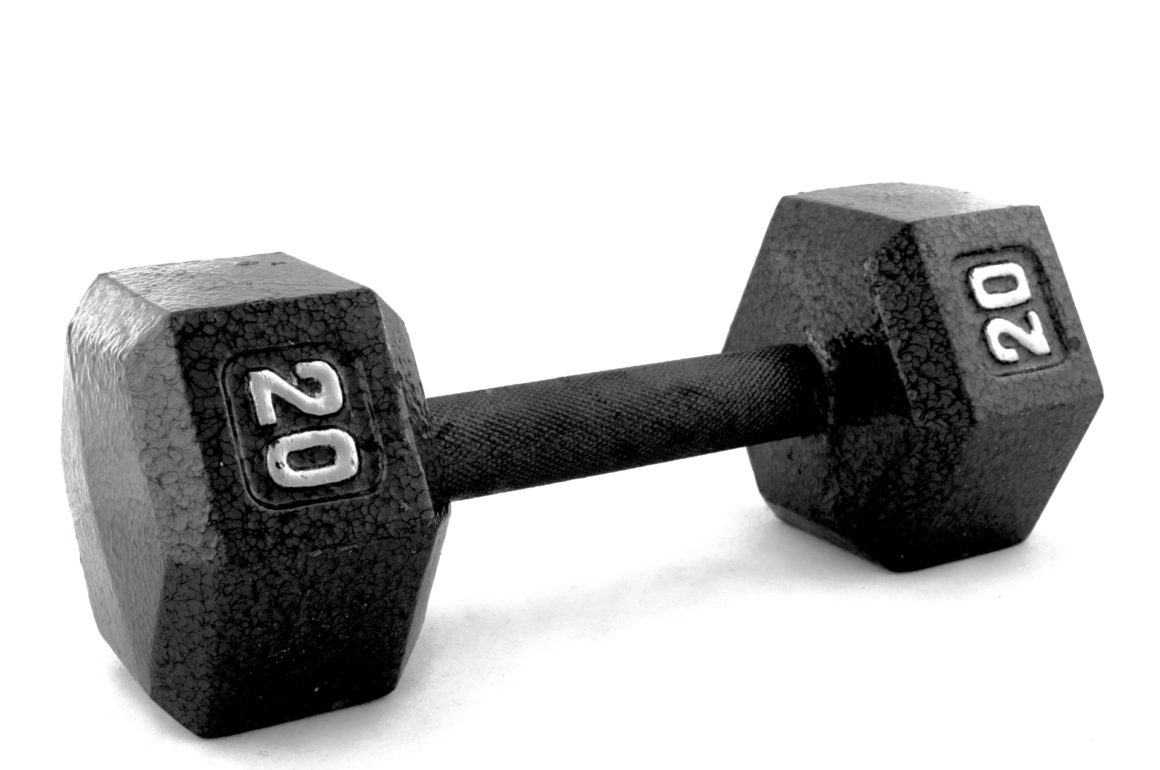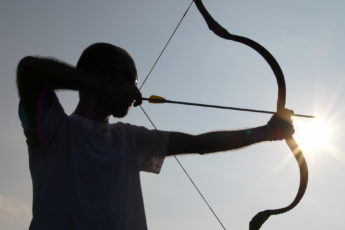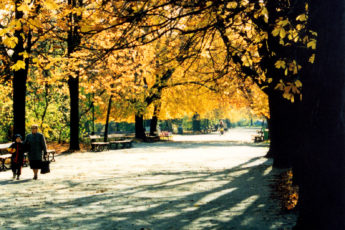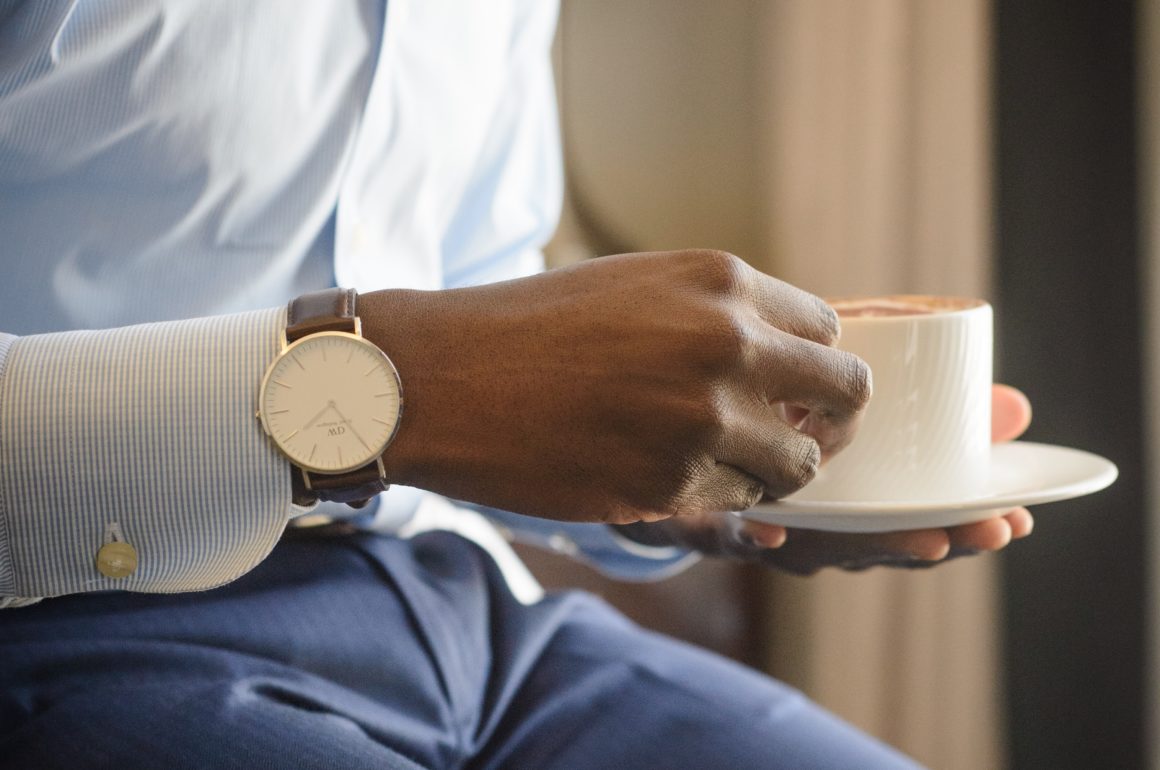Willpower is like a muscle: increase willpower by exercising it

Willpower is a finite resource. The act of making good choices and resisting bad choices tires us in a similar way that mental work or physical exercise tires us. We are embodied creatures and our will is bound up with our bodies. When we are tired, stressed out, hungry, or emotionally drained, initiating a difficult new task or resisting temptation becomes much more difficult. There is a reason why the devil waited until the end of Jesus’ 40 days of fasting in the wilderness to assault him with temptations. The question is, can we increase our willpower?
Yes we can! Just as physical exercise increases our bodies’ strength and stamina, our willpower increases with use. We might think of willpower like a muscle that requires exercise in order to grow in strength. Repeated exertion, while draining us in the moment, grows our overall ability to choose well.
Small willpower challenges, repeated consistently, train our willpower. This is one of the reasons why it is wise to begin new habits with very small steps. It is the repeated exertion of the will that matters. A habit of doing three push-ups every day for a month seems almost too easy. But if we can complete this task, we will find that not only are we stronger than if we tried to do 20 push-ups every day and failed after four days, we will also find that our willpower has increased with the repetition. We will find it easier to choose to do something new or to resist temptation, because we have not exhausted our willpower, directing all our energies at a very difficult goal.
Strangely enough, willpower exerted for one kind of willpower challenge increases my capacity for other challenges. The repetition of those three pushups every day builds our capacity to resist temptation or to begin another new habit. Part of the reason for this is positive reinforcement: we see ourselves as someone who can maintain a new habit and who’s life is moving in a positive direction. But the other part is that our willpower has grown stronger with practice.
This is why one of the best ways to train our willpower is to do nothing. That may sound very strange, but it’s true. I am referring to the Christian practice of Silence, the act of putting yourself in a quiet place before God and then doing nothing. Not praying, not thinking, not worrying, not praising, not doing anything at all except being with God. This is actually quite difficult for most people. To prove this to yourself, all you need do is place yourself in a quiet room by yourself, sit in a comfortable position, and then observe what happens with your thoughts. Pretty quickly, most of us will discover that our minds are filled with half-formed thoughts, worries, tasks, people we need to meet, memories, bits of songs or movies, and a thousand other things that demand and consume our attention if we allow them.
Paradoxically, we grow our will by first laying it down before God. We enter into an intentional silence, gently observing each thought as it comes to us and then setting it aside. We persist in this activity until we reach the peaceful quiet on the far side of the chattering chaos of our inner world. We put aside all of this difficult choosing: all our dreams and goals and plans, our thoughts and cares—silencing ourselves before his throne. The gentle application of our will to focus on maintaining an inner silence before God, even for a short period of time, builds our capacity to choose well, even as we allow ourselves to find rest and peace in the presence of God. This is a gift of God given as a loving father to his child, enabling us to live the fruitful life he commands. To approach God in this way is to seek him out as thirsty pilgrims in a dry land, just as Jesus often encouraged us to set our minds on things above. We see this throughout Scripture:
[su_quote]”The Lord is good to those whose hope is in him, to the one who seeks him; it is good to wait quietly for the salvation of the Lord. It is good for a man to bear the yoke while he is young. Let him sit alone in silence, for the Lord has laid it on him.” Lamentations 3:25-28[/su_quote]
[su_quote]”Know that the Lord has set apart his faithful servant for himself; the Lord hears when I call to him. Tremble and do not sin; when you are on your beds, search your hearts and be silent.” Psalm 4[/su_quote]
[su_quote]”The Lord is in his holy temple; let all the earth be silent before him.” Habakkuk 2:20[/su_quote]
[su_quote]”In the same way, the Spirit helps us in our weakness. We do not know what we ought to pray for, but the Spirit himself intercedes for us through wordless groans.” Romans 8:26[/su_quote]
This act of doing nothing requires our will—we must continually make the quiet, peaceful choice to remain with God rather than to follow the chattering thoughts of our inner world. And this choice, made in the presence and peace of God, will slowly grow our capacity to choose well when we return to whatever thoughts and tasks our day demands of us. It is a little practice session for choosing well, but it is a time of peace and rest, a moment when we dwell in the knowledge that God loves us completely, a place where strength is found.
I suppose it needs to be said: God is not a charging station, nor is he a gymnasium for you to use to train your willpower. Trying to use God for this purpose is silly and wrong-headed. But for those who seek the good life Jesus opened up for us, one in which we learn to love God and the people in our world with all our strength, we will find that God himself provides the source of that strength, and that merely by attending to him, that strength grows. It is built into the way our bodies function and the way our minds work. The words of Isaiah reveal a beautiful gift to his creatures: “those who wait for the Lord will gain new strength” Isaiah 40:31.
Try it and see; even five or ten minutes per day can make an enormous difference in your capacity to choose well. Your Father treasures you! He has opened his hand with the gift of new strength. Will you take it? Say your prayers if you haven’t yet, and then seek the peace of his presence.









Leave a Comment